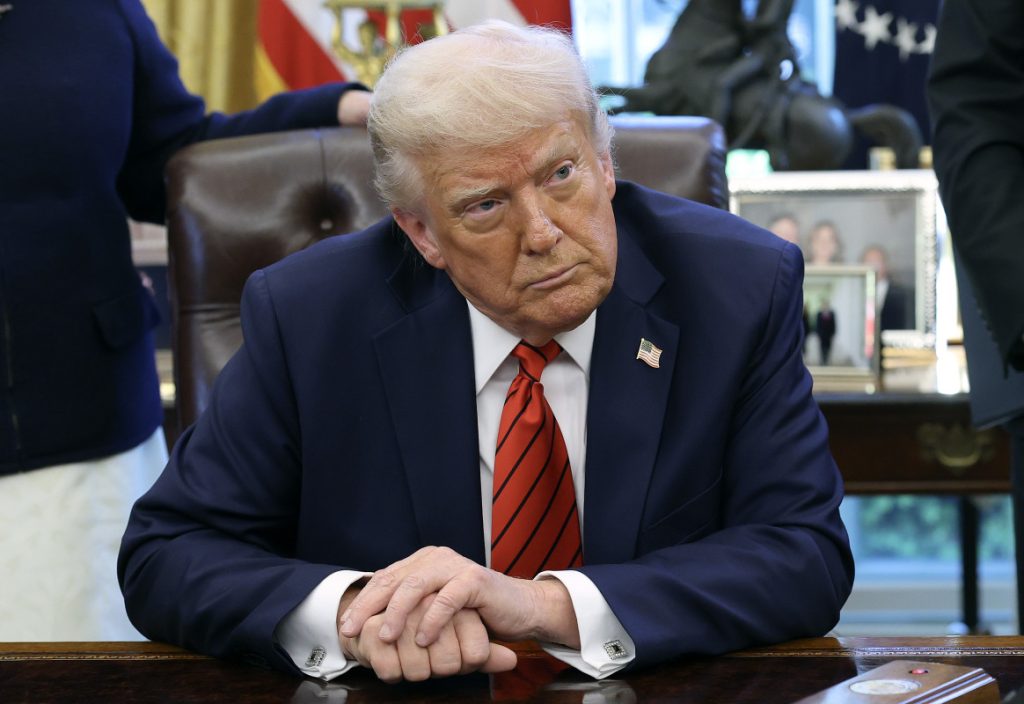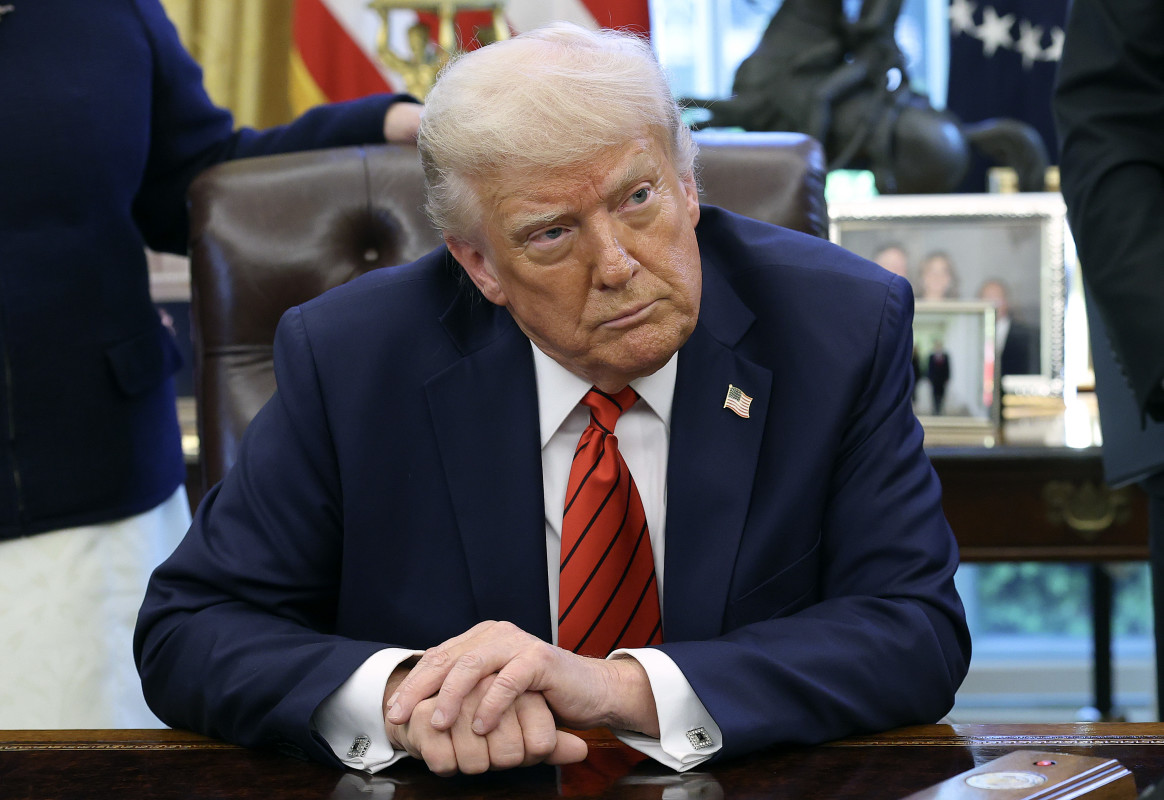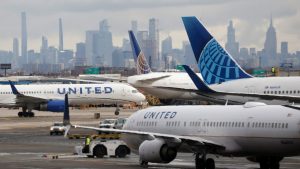Federal Court delivers massive blow to Trump's tariff plan

A panel of federal trade judges has blocked President Donald Trump from imposing most of his sweeping tariffs, including the “Liberation Day” tariffs, saying the moves were illegal.
The ruling was applauded by small businesses, unions, manufacturers and perhaps most importantly, American consumers already squeezed by high interest rates and stubborn inflation.
The U.S. Court of International Trade ruled late on May 28 that the president overstepped his authority under the federal emergency powers he invoked in order to slap the steep levies on goods and services entering the United States from around the world, including some of the nation’s top trading clients.

Image source: Win McNamee/Getty Images
Federal judges rule Trump couldn’t impose tariffs
The Court of International Trade, based in New York, ruled 3-0 that most of the tariffs are now struck down.
Since February, President Trump has imposed stiff tariffs against Canada, Mexico, China, and others, including reciprocal tariffs unveiled on April 2, so-called Liberation Day.
Related: Fed minutes send strong message on interest-rate cuts
The ruling came after two lawsuits argued that the global trade war and trade uncertainties were causing deep financial losses.
The judges agreed, saying the law doesn’t authorize the president to use emergency powers to issue tariffs. Congress, holding the power of the purse, does.
“The judicial coup is out of control,” Trump staffer Stephen Miller said in a statement after the ruling was released late in the evening. Within minutes of the verdict, the Trump administration filed an appeal.
The court ruled that Trump exceeded his authority by imposing tariffs on all imported goods. The panel called for an immediate halt to the trade war.
Meanwhile, experts said the ruling would undoubtedly be sent to the Supreme Court. However, the international panel said the injunction banning the tariffs would stay in place during that time.
The lawsuit, filed by the nonpartisan Liberty Justice Center on behalf of five small businesses that import goods from countries targeted by the duties, was the first major legal challenge to Trump’s so-called “Liberation Day” tariffs.
Attorney Jeffrey Schwab of the Liberty Justice Center said on May 28 on CNN that his clients were “delighted. They are hopeful it will be upheld by the appellate court.” He also said he was very confident that the case would ultimately win at the Supreme Court.
The case is one of seven legal challenges to the administration’s trade policies, along with challenges from 13 U.S. states and other groups of small businesses.
The U.S. economy was arguably weakening before President Donald Trump shocked markets with harsher-than-expected reciprocal tariffs on April 2.
After Liberation Day, President Trump paused for 90 days “reciprocal” duties on many countries, except for China. He later slashed the China tariff from 145% to 30%.
In addition to the Chinese tariffs, 25% tariffs are applied to Canada, Mexico, and autos, and a 10% baseline tariff is applied globally.
Global future markets reacted with glee over the ruling, with stock market futures indicated up nearly 2%.
Related: Veteran fund manager unveils eye-popping S&P 500 forecast
#Federal #Court #delivers #massive #blow #Trump039s #tariff #plan





